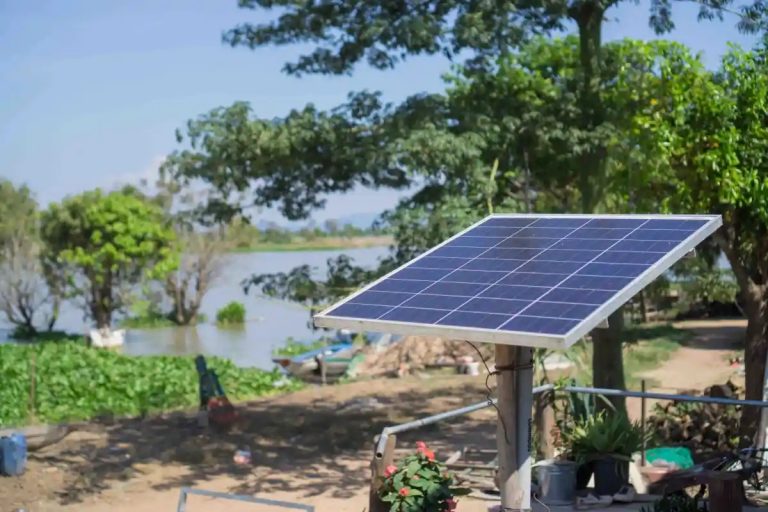
Okra Solar, an Internet of Things (IoT) technology solution that enables solar generating communities to share, store and utilize energy, has announced the raise of $12 million in series A debt and equity funding, to drive the expansion of mesh-grid electrification in Africa.
The funding round saw participation from One Ventures, along with FMO, Susquehanna Provate Equity Investments LLLP, Autodesk foundation and King Philanthropies.
Speaking on its investment in Okra Solar, partner at One Ventures, Helen Lin said,
Register for Tekedia Mini-MBA edition 19 (Feb 9 – May 2, 2026): big discounts for early bird.
Tekedia AI in Business Masterclass opens registrations.
Join Tekedia Capital Syndicate and co-invest in great global startups.
Register for Tekedia AI Lab: From Technical Design to Deployment (next edition begins Jan 24 2026).
“With the compounding effects of population growth and growing industrialisation, energy consumption on the African continent will increase disproportionately in the coming decades. The IEA forecasts that total power generation capacity in Africa is expected to double to 510 GW by 2030.
“There is no reason for this new power generation capacity to come from dirty fossil fuel power. We can skip that phase entirely and build it correctly from the start clean, renewable, and suited to the needs of this market.”
Okra Solar creates hardware and software solutions designed to bring solar-based power to developing markets. At present, it is currently focused on Nigeria, Philippines, Haiti and Cambodia, with a renewal bent designed to reduce emissions as it brings more populations online.
Specifically, the company has developed a Mesh-Grid, which shares power through an interconnected network of homes.
The startup has a track record of pushing boundaries on the tech side. Recent product updates include automated network planning software, using geospatial data and monitoring of commercial performance down to the asset level.
Launched in 2016, Okra developed an artificial intelligence-enabled mesh grid that shares power through an interconnected network of homes. The plug-and-play solar home system includes a solar panel, battery, and a smart device. A cloud-based system monitors usage and required, maintenance while allowing for remote control.
Notably, the company has also been actively working with local governments to help accelerate the adoption of its technologies.
In Nigeria, the technology has been approved for subsidies from a $550 million fund put together by the World Bank, African Development Bank and the Rural Electrification Agency.
According to the company, this is helping Nigerian developers roll out its tech rapidly with government subsidies, simply because solar powered Okra Mesh-Grids are the only solution that provides sustainable productive power in last-mile communities.
Mesh grids enable solar power to be generated at the source of individual homes, where excess power is then redistributed by Okra’s smart algorithms from one connection to the next to optimize utilization.
Through its B2B model, Okra supplies technology to last-mile energy utilities, who then energise last-mile households. The cleantech has deployed the grids across four countries, including Nigeria. Okra’s mission is to create technology that enables affordable and reliable access for everyone in the world.



